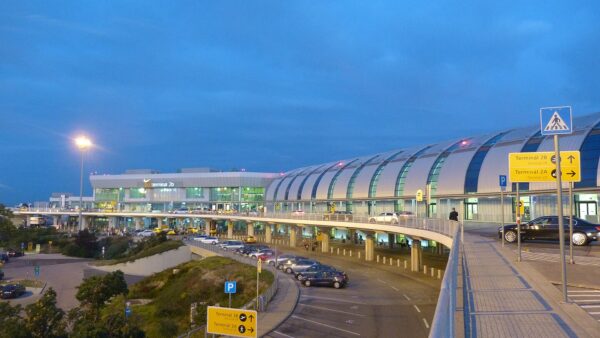Japan’s private sector is preparing to make its first investment in Angola, a country that has become China’s main trading partner in Africa. Â
Trading company Toyota Tsusho and export credit agency, Japan Bank for International Cooperation (JBIC), are expected to sign a deal this Friday to invest $650m in the Namibe Bay project in the south of the country, close to its border with Namibia.
News website Platforma reports that the Angolan President João Lourenço signed an order authorising the project on Monday (7 January).
The Port of Namibe is the third largest in Angola after Luanda and Lobito, and is connected by rail to iron ore mines. However, its capacity has been restricted by pier capacity and a lack of cranes.
Toyota Tsusho plans to install Japanese equipment to expand the port’s export capacity, with funding to come from the private sector and JBIC, which will set up a credit line capped at about $650m. It will itself provide half that amount and raise the rest from private-sector banks.
The Nikkei Asian Review comments that Japan’s businesses and government aim to prioritise profitability and “will ensure host countries’ debts remain sustainable, aiming to establish a model for infrastructure exports to emerging economies”.
The Japanese move is being seen as an attempt to challenge China’s dominant position in Angola (see Further reading). A number of infrastructure for oil deals over the past 10 years or so has left Beijing holding more than half of Angola’s external debts.
Japan has long had an interest in developing Namibe, originally financing a feasibility study in 2009.
In February last year, Angola awarded a number of small-scale projects to the TOA Corporation, a Japanese engineer that specialises in port works.
Image: The Port of Namibe, formerly Moçâmedes (Paulo César Santos/Creative Commons/Publid Domain)
Further Reading:






